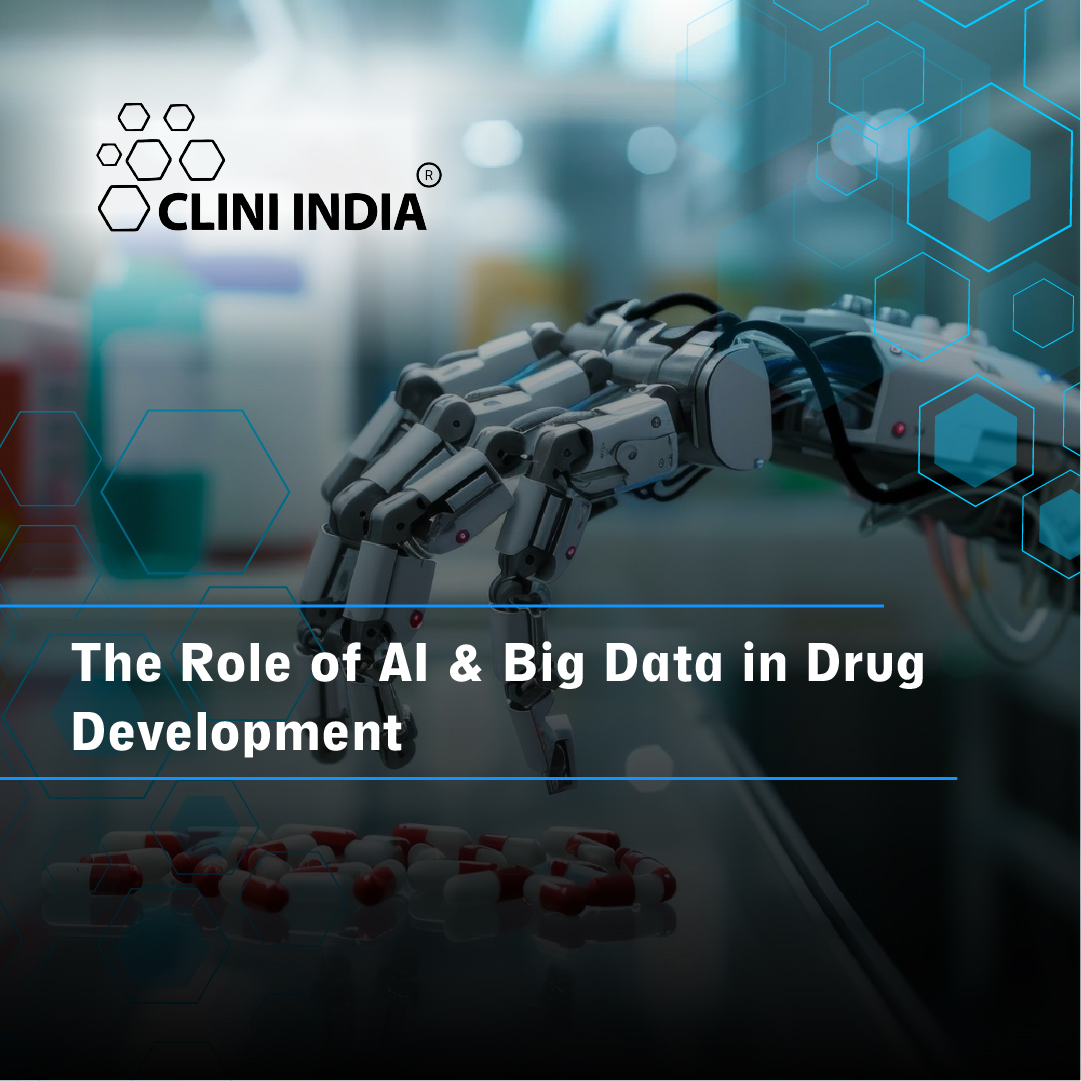
The Role of Technology in Modern Clinical Trials
The landscape of clinical trials has undergone a revolutionary transformation with the integration of advanced technologies. From streamlining data collection to enhancing participant recruitment, technology plays a pivotal role in making clinical trials more efficient, cost-effective, and patient-centric. Below are the key ways technology is reshaping modern clinical trials.
1. Enhanced Data Collection and Management
The adoption of digital tools has significantly improved the accuracy and efficiency of data management:
- Electronic Data Capture (EDC): EDC systems replace traditional paper-based methods, ensuring real-time data entry, reduced errors, and easier monitoring.
- Wearable Devices and Sensors: Devices like smartwatches and health trackers collect continuous real-world data, such as heart rate and activity levels, providing richer datasets.
2. Decentralized Clinical Trials (DCTs)
Technology enables trials to be conducted remotely, offering greater flexibility:
- Telemedicine: Virtual consultations and follow-ups reduce the need for participants to travel to clinical sites.
- Home-Based Monitoring: Remote devices allow participants to contribute data from the comfort of their homes, increasing retention and diversity.
3. Artificial Intelligence and Machine Learning
AI and machine learning are driving innovation in clinical trials through:
- Patient Recruitment: AI algorithms analyze medical records and demographic data to identify eligible participants more efficiently.
- Predictive Analytics: Machine learning models predict potential risks, such as adverse events, and optimize trial design.
4. Blockchain for Data Security
Blockchain technology ensures secure and transparent data management:
- Immutable Records: Blockchain creates tamper-proof data logs, enhancing trust and compliance.
- Data Sharing: Researchers can securely share data while maintaining participant confidentiality.
5. Big Data and Analytics
Big data technologies enable the analysis of vast amounts of information to uncover patterns and insights:
- Real-World Evidence (RWE): Analyzing data from electronic health records, claims databases, and registries supports decision-making and regulatory submissions.
- Adaptive Trial Designs: Big data analytics allow for real-time adjustments to protocols based on emerging findings.
6. Improved Participant Experience
Technology fosters a more patient-centric approach:
- Mobile Applications: Apps provide participants with study-related updates, reminders, and educational resources.
- eConsent: Digital consent forms with interactive elements improve comprehension and streamline the onboarding process.
7. Regulatory Compliance and Oversight
Technology facilitates compliance with regulatory requirements:
- Automated Monitoring: Tools that flag protocol deviations and ensure adherence to Good Clinical Practice (GCP).
- Digital Audits: Electronic systems simplify auditing and reporting processes.


























































